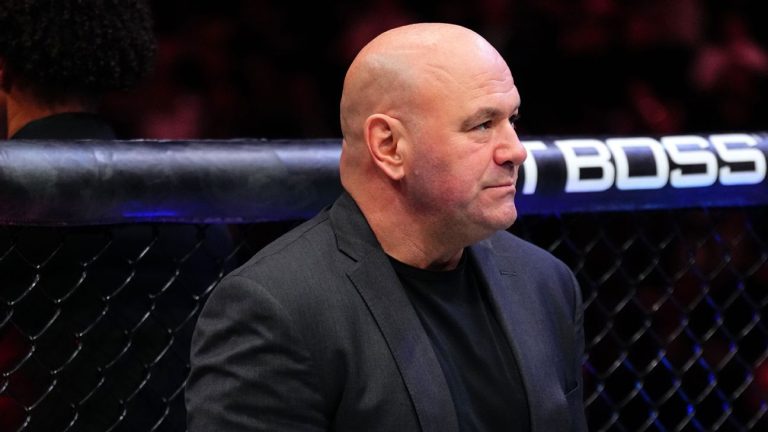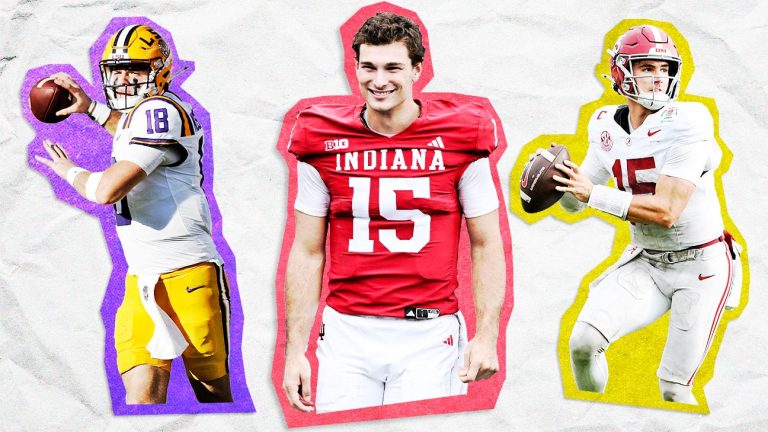
For decades, professional athletes have been seen as icons of physical excellence, role models on the field, and stars in endorsement campaigns. Yet a growing number are now adding another title to their resume: entrepreneur. No longer content to be the face of someone else’s brand, today’s athletes are increasingly building business ventures of their own, taking control of their image, finances, and future in ways previous generations rarely imagined.
This trend marks a shift in how athletes approach both fame and wealth. Instead of waiting until retirement to think about life after sports, many are laying the groundwork for business empires while still in peak performance. It’s not just a side hustle—it’s a strategic reinvention of the athlete’s role in the economy.
From Spokesperson to Stakeholder
Endorsements were once the primary way athletes entered the business world. Brands would pay millions for a star to wear a logo, shoot a commercial, or appear in a campaign. While endorsement deals still play a major role, many athletes now view them as short-term gains. The real ambition lies in ownership.
Michael Jordan may have set the gold standard in the 1990s with his stake in the Jordan Brand under Nike, but today’s athletes are going further. LeBron James co-founded SpringHill Company, a multimedia conglomerate. Serena Williams launched her own venture capital firm, Serena Ventures, investing in women- and minority-led startups. Stephen Curry’s Unanimous Media produces film, TV, and digital content. These are not side projects—they are fully staffed companies, with significant influence in their respective industries.
This ownership approach allows athletes to build wealth that extends far beyond playing contracts or brand partnerships. More importantly, it gives them control—over how they’re represented, what causes they champion, and which markets they enter.

The Influence of Social Media and Personal Branding
Social media has played a crucial role in this shift. Platforms like Instagram, Twitter, and TikTok have made athletes more than just sports figures—they’re now content creators and brand storytellers. They speak directly to millions of followers, shape their public image in real time, and sell products without the need for a middleman.
Athletes now curate their public personas much like celebrities and influencers do, positioning themselves as lifestyle figures with taste, authority, and reach. This direct line to fans has changed the business equation. Why be paid to endorse someone else’s product when you can launch your own and market it directly to your followers?
Cristiano Ronaldo and Lionel Messi, among the most-followed people on the planet, leverage their global platforms to promote their own fragrance lines, clothing brands, and fitness apps. Naomi Osaka has co-founded skincare and media companies. These ventures are deeply tied to their personal stories, identities, and values.
Emerging Markets and Athlete-Led Startups
In addition to consumer-facing ventures, athletes are diving into more complex sectors. Kevin Durant’s Thirty Five Ventures is heavily involved in tech, having invested in Postmates, Coinbase, and Robinhood. Andre Iguodala, long known for his basketball IQ, has become a well-respected figure in Silicon Valley with stakes in over 40 startups.
There’s also increasing interest in health, wellness, and fitness—fields that naturally align with an athlete’s lifestyle. Tom Brady’s TB12 brand focuses on performance training and nutrition, while Venus Williams’ Happy Viking promotes plant-based protein. These businesses capitalize not only on the athlete’s expertise but also on the broader public’s growing focus on health-conscious living.
More recently, some athletes have moved into food and beverage. Drew Brees and Dwyane Wade have invested in restaurant franchises. Giannis Antetokounmpo entered the candy and snack food industry. These aren’t random endorsements—they are carefully curated portfolios where the athlete has a voice at the table.
Challenges and Missteps
Of course, not all athlete business ventures succeed. High-profile flops have reminded the public that fame alone doesn’t guarantee business acumen. Financial mismanagement, poor partnerships, or overextension have tripped up more than a few stars. The cautionary tales of former athletes losing fortunes after retirement serve as a reminder of the risks involved.
Building a business takes more than charisma and capital—it requires time, strategy, and a willingness to learn. That’s why many athletes now surround themselves with advisors, managers, and legal teams who specialize in long-term planning. They’re treating entrepreneurship the same way they treat their sport: with focus, discipline, and training.
Changing the Narrative of Athlete Careers
What’s striking about the current moment is how it challenges the traditional narrative that an athlete’s prime years are limited to their time on the field. By embracing entrepreneurship, many are extending their influence and income well beyond retirement. In fact, for some, the business ventures are becoming the second—and often more lucrative—act.
Athlete-entrepreneurs are also using their wealth and visibility to shape social conversations. Colin Kaepernick, though sidelined from football, has built a powerful brand around civil rights activism, education, and media production. Megan Rapinoe and Sue Bird are pushing boundaries with ventures focused on equity and representation.
Their businesses aren’t just about profit—they’re platforms to effect cultural change, challenge industry norms, and inspire new models of leadership.

Looking Ahead
As the lines continue to blur between athlete, celebrity, and entrepreneur, it’s clear this trend isn’t a passing phase. Younger athletes entering the professional ranks are already thinking beyond contracts and trophies. With access to resources, mentorship, and digital tools, they’re starting careers with a different mindset—one that views sports not just as a profession but as a launchpad.
In the end, athletes turning to entrepreneurship is about more than financial diversification. It’s about control, identity, and legacy. It signals a broader cultural shift, where individuals known for physical skill are also shaping the business landscape in meaningful, strategic, and lasting ways.






